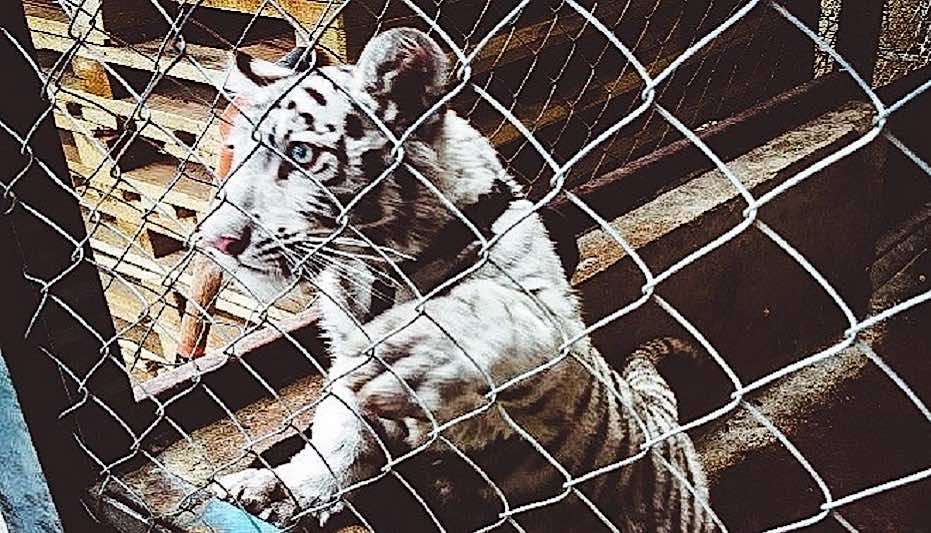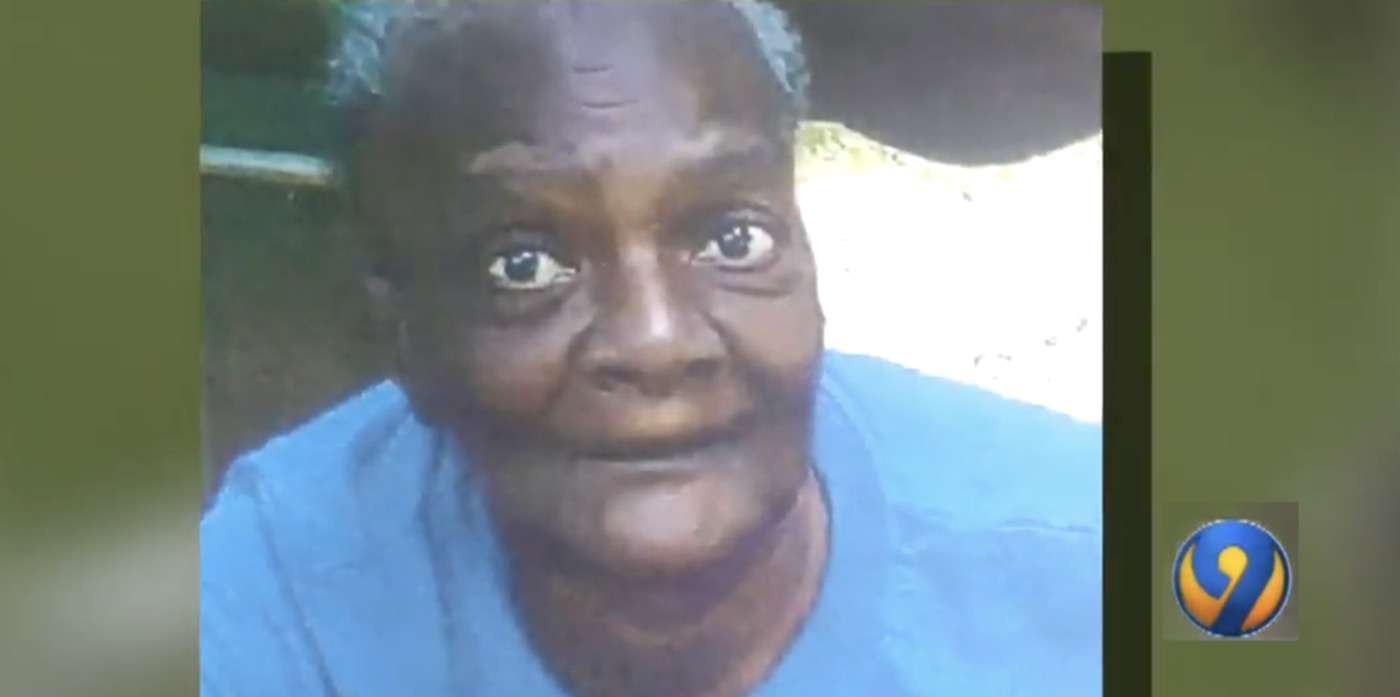Operation Thunderball: No, it isn't the convoluted scheme by a James Bond villain, but the name of Interpol's largest-ever coordinated seizure in history, capturing wildlife traffickers and their ill-gotten specimens.
The massive operation involved 109 countries and resulted in nearly 2,000 seizures of protected wildlife, 440 ivory pieces, more than 4,300 birds, and nearly 10,000 live turtles and tortoises, according to the group that organizes international police cooperation and crime control (Interpol).
Trafficking of wildlife, both flora and fauna, is the third-largest criminal enterprise worldwide behind drugs and firearms. While one might imagine elephant ivory or exotic big cats its only victims, many species are targeted, including those which aren't yet endangered. Rare wildflower and tree specimens, in fact, are popular targets for trafficking.
The practice of traditional Chinese medicine creates an infamous demand for the illegal trade of shark fin, rhino horn, and the scales on a small mammal called the pangolin, the most trafficked animal on the planet.
Interpol and the World Customs Organization (WCO) have executed plans like this before; Operation Thunderbird in 2017, and Operation Thunderstorm in 2018. But it was Thunderball that led to the identification of nearly 600 individuals and arrests all over the globe—breaking their own record for the third year in a row.
Over the month of June, officials seized 23 live primates, 30 big cats, more than a ton of pangolin scales, 74 truckloads of timber, more than 2,600 plants, and nearly 10,000 marine species. One of Operation Thunderball's primary efforts was identifying routes and hot beds of activity ahead of time, and by the number of countries involved in the rescue, this was the largest operation targeting wildlife crime in history.
On a positive note, the month's seizures included only 5 rhino horns—compared to 50 seized last year.
"If we keep the pressure on and if we clamp down on specific routes and specific countries," says Roux Raath, WCO's environment program manager to National Geographic, "it forces criminals to either look at different commodities or either different countries, different routes….It's changing the patterns".
"As clearly illustrated by the results of Operation Thunderball, close cooperation at international and national levels to combat wildlife crime must never be underestimated," said WCO Secretary General Kunio Mikuriya.
"Such initiatives will be replicated to raise awareness within the global law enforcement community on the gravity of global wildlife crime and to better coordinate cross-agency efforts, including the engagement of civil society groups to detect and deter wildlife criminal networks," added Mikuriya.
It's bold action like Operation Thunderball that gives animals like the pangolin, and so many more, a fighting chance.
– Featured image: white tiger cub, by Mexico's Fiscalia General de la Republica ©INTERPOL
Tell Your Friends What Happened When the World Stood Up for Animals… SHARE on Social Media!










Be the first to comment